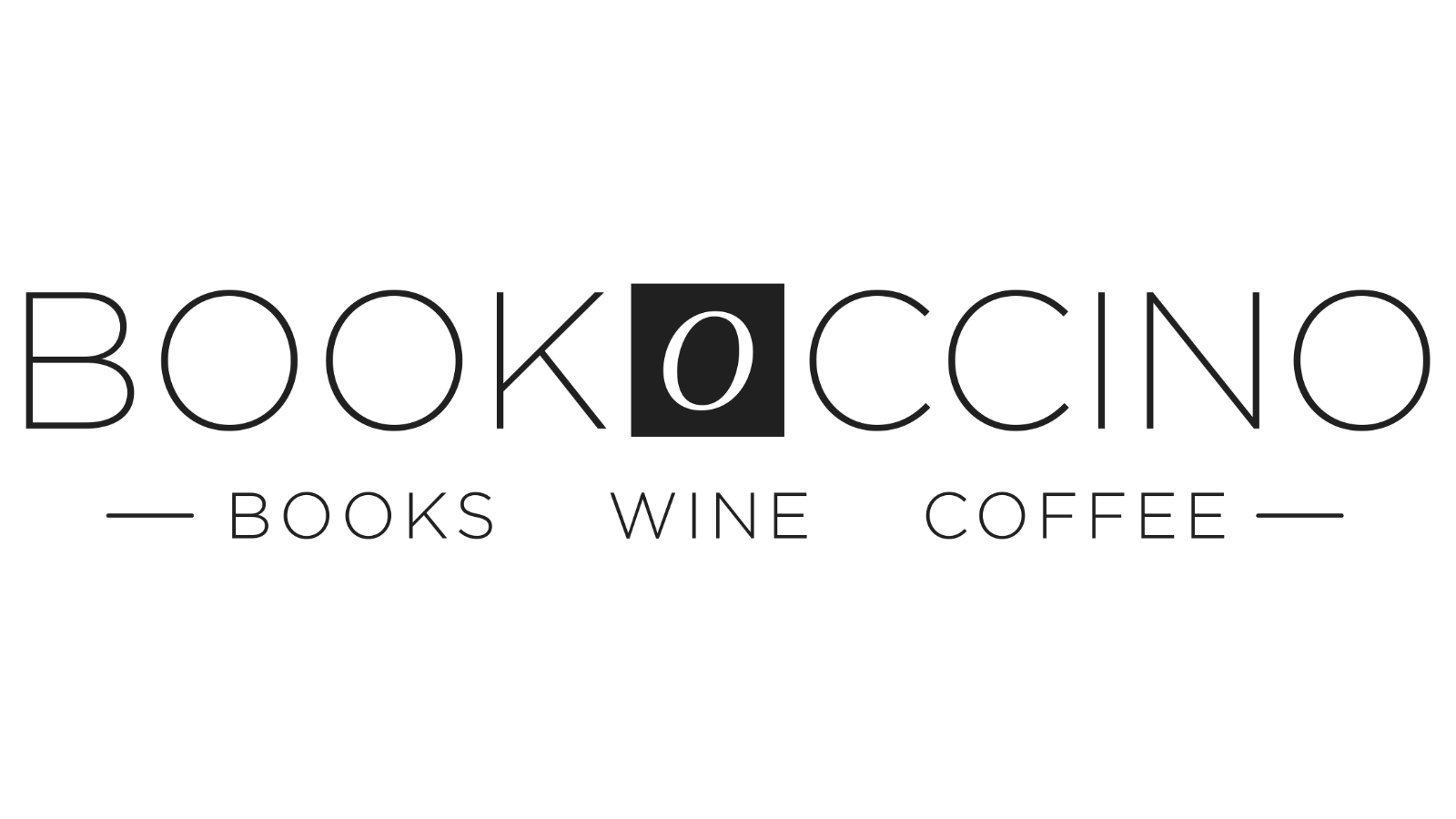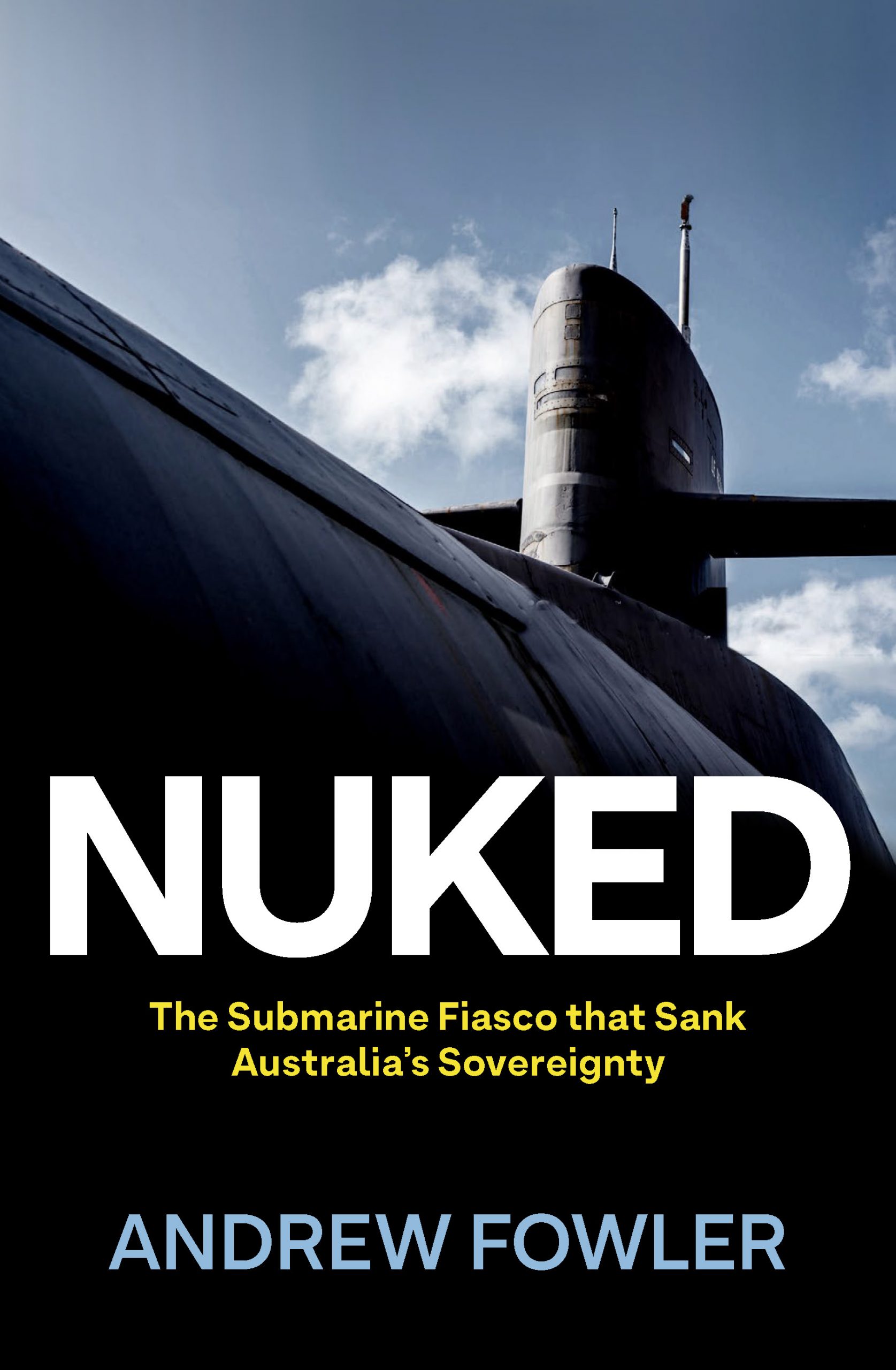Entries are open for the 2025 Walkley Book Award
The Walkley Book Award honours longform journalistic endeavours that have been published in book form in Australia. It acknowledges writers who have used journalistic skills and processes to craft a compelling and readable narrative for a general readership. Skill in storytelling, newsbreaking, newsworthiness, deep research, analysis, public impact, structure, readability and creative use of the book medium will be among the qualities assessed. The focus is primarily on books of journalism, not literary works.
Books must be entirely works of non-fiction and can be based on an Australian or international topic. Entries can encompass longform journalistic approaches to a range of subjects. Examples of these may include newsworthy issues or historic events, true crime, biographies, political analysis, business writing, war reporting, sports reporting, investigative journalism and books by foreign correspondents.
Memoirs will only qualify if they include significant additional journalistic research and offer a balanced approach to the topic. A memoir told in the first person, solely from the perspective of the author is not eligible for this award.
In the case of authorised biographies, the entrant must detail any approval process and indicate how their book adhered to journalistic practice and ethics to ensure balance and accuracy in preparing a work of public interest. Ghostwritten books are not eligible. Works of life writing as well as books on lifestyle, information and self-help, along with academic and educational books will not be considered. Anthologies with multiple writers will not be considered and books will not be eligible if more than 20 per cent of the book has previously been published in book form.
Writers who are not working journalists may apply provided they can demonstrate they have adhered to the MEAA Journalist Code of Ethics in the preparation of their work. A book will not be eligible simply because its author is a journalist. Self-published books will be considered provided they meet all criteria.
The judging criteria used for assessing entries into the Walkley Book Award include:
- Journalistic merit
- How the book was initiated (with particular credit given for originality)
- Timeliness, including exclusivity
- Newsbreaking and newsworthiness
- Structure and readability
- The power of the narrative
- Creative use of the book medium
- Deep research, investigation and analysis
- Balance, accuracy and ethics
- Consideration of the resources available
- Public impact or benefit
Each entry into the Walkley Awards is judged on how well it meets the:
- category description; and
- judging criteria.
Terms and Conditions:
All entrants must be either:
- Australian citizens, permanent residents of Australia, or people residing in Australia with an appropriate work visa and an Australian publication deal; or
- Australian citizens working abroad whose work is available to an Australian audience.
All entries must have been published in Australia between 20 August 2024 and 18 August 2025.
There are two submission rounds for the Walkley Book Award:
- Round 1 is open from Monday, 19 May 2025 to Monday, 30 June 2025. If your book is already published, it is highly recommended you submit it in Round 1.
- Round 2 is open Tuesday, 1 July 2025 to Monday, 18 August 2025.
In the case of authorised biographies, the entrant must detail in their Entry Statement any approval process and indicate how their book adhered to journalistic practice and ethics.
In the case of audio or electronic originals, the judges must be provided with a .PDF or printed copy of a final press-ready manuscript.
Declarations as to accuracy
Entrants must declare any requests that have been made for corrections or challenges to the accuracy of work entered for an award, any claims of plagiarism that have been made against the work, and any published corrections or statements made concerning the work’s accuracy or authorship.
Declaration of legal proceedings
Entrants must declare any actual or threatened legal proceedings, complaints, and court orders in connection with or related to the story at the time of entry, including but not limited to:
a) defamation;
b) contempt of court;
c) breach of confidence;
d) suppression and nonpublication orders;
e) copyright infringement; or
f) actions for preliminary discovery.
The Foundation will take this declaration into account in assessing the suitability of the entry and inform the entrant if the Foundation makes a determination that entry of the relevant story into the Awards is not appropriate due to any of the above matters.
The Foundation reserves the right to disqualify any application and/or revoke any nomination received or award given to the relevant entrants where the Foundation determines, in its absolute discretion, that the application for entry did not include a sufficient declaration as to the above matters.
Declaration of use of AI
Entrants must declare any and all use of artificial intelligence (AI) used in producing the works entered and preparing their submission. This includes but is not limited to data scraping, using language-based systems such as ChatGPT for writing and scripting, transcription services such as Otter.AI, and AI image tools to create artwork, photography, data visualisation, and other graphics.
Where the Foundation determines, in its absolute discretion, that the use of AI has rendered a book unsuitable for entry into the Awards, the Foundation reserves the right to disqualify any application and/or revoke any nomination or award given to the relevant entrants.
Six hard copies of the book must be posted the Walkley Foundation once this online entry form is complete (audio and electronic originals excepted). Please address them to:
The Walkley Book Award, First Floor, 245 Chalmers St, Redfern, NSW 2016
Entry fee
The entry fee for the Walkley Book Award is $260, including GST, for people who are not financial members of the MEAA.
If you have any questions please contact Margie Smithurst, margie.smithurst@walkleys.com.
Bookoccino supports the 2025 Walkley Book award

Congratulations to Andrew Fowler, winner of the 2024 Walkley Book award
Nuked: The Submarine Fiasco that Sank Australia’s Sovereignty, Melbourne University Publishing
Synopsis: Like all military acquisition programs worth billions of dollars, Australia’s decision to buy a new submarine fleet was expected to be a torturous process. But no one could have predicted the trail of wreckage it left behind, from the boulevards of Paris to the dockyards of Adelaide, as deep inside the Australian Government a secret group conspired to overthrow the winning French bid. In this tale of treachery and intrigue, Andrew Fowler exposes the lies and deception that so outraged the President of France. Interviewing many of the main people involved and talking to sources in Paris, London, Washington and Canberra, Fowler pieces together the plot to sink the French and switch to a nuclear-powered US submarine – a botched operation that severely compromised Australia’s ability to defend itself.
Andrew Fowler explained in his entry statement: “What drew me to write this book was the failure of the Government to follow due process for Australia’s largest ever defence acquisition program. No reason was given to the Defence Department for the original decision to switch from conventional to nuclear-powered submarines and no costing was provided. Yet the Morrison government was prepared to spend up to $368 billion dollars of taxpayers money and encumber future generations with a huge debt. I believed that the public had a right to know what had gone on.”
Andrew Fowler has worked as a journalist for nearly 50 years. He was a reporter for the London Evening News, the ABC’s Four Corners and Foreign Correspondent. His work stretches from Timor and South Africa’s liberation struggle to the impact of WikiLeaks on journalism and government accountability.

Past winners
The 2024 winner joins the ranks of some of the most celebrated non-fiction writers in Australia: Antony Loewenstein (The Palestine Laboratory), Bronwyn Adcock (Currowan), Lucie Morris-Marr (Fallen), Leigh Sales (Any Ordinary Day), Helen Pitt (The House), Louise Milligan (Cardinal), Stan Grant (Talking To My Country), Chip Le Grand (The Straight Dope), Paul Kelly (Triumph and Demise), Pamela Williams (Killing Fairfax), George Megalogenis (The Australian Moment), Russell Skelton(King Brown Country), Shirley Shackleton (The Circle of Silence), Graham Freudenberg(Churchill and Australia), Don Watson (American Journeys), Chris Masters (Jonestown), Neil Chenoweth (Packer’s Lunch) and Bob Connolly (Making Black Harvest). Entries can encompass subject matter including true crime and biographies, political analysis, business writing, war reporting, investigative journalism and foreign correspondence.
Judging
Judging is a two-tier process comprising senior representatives from the media and publishing community. Judges will determine a long list and shortlist of nominees before the winner is announced at the 70th Walkley Awards in November 2025.

